Value Jet, XEJet flight attendants emerge King, Queen of Air
By Itohan Abara-Laserian
A flight attendant from Value Jet, Henry Amaefule, and that of XEJet, Aisha Yakub, emerged King and Queen of the Air at the 2025 Nigeria Aviation Awards and Ministerial Dinner (NIGAV).
The winners were crowned after a rigorous live selection process.
Thirteen contestants participated in the contest which held in Lagos.
The 2025 NIGAV had the theme: ‘Foundation for Accelerated Aviation Growth’.
The News Agency of Nigeria (NAN) reports that the 2025 King and Queen of the Air were handed crowns by Tyger Opunabo of Arik Air and Miracle Okechukwu of Value Jet who won in 2024.
The new winners were given two million Naira each.
Other contestants were from Air Peace, United Nigeria Airlines, Ibom Air and Arik Air, among other airlines.
Mr Fortune Idu, the Chairman of the NIGAV committee, said that the winners of the contest would initiate Corporate Social Responsibility (CSR) which would directly impact airport communities and promote aviation safety best practices.
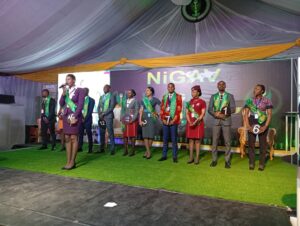
Idu said that as part of the CSR, cash donations would be made to homes for the less privileged, adding that specific aviation safety-based community awareness campaign would be carried out.
Idu said that the programme recognised the crucial roles of air hosts and hostesses in enhancing overall air travel experience.
According to him, the event serves as a platform to foster unity and healthy competition among Nigerian airlines, encouraging social interaction among the workforce to strengthen the nation’s aviation industry.
Aviation Lifetime Achievement Award and Aviation Leadership Achievement Award (Strategic Leadership Category) were both won by Capt. Chris Najomo, Director-General, Nigeria Civil Aviation Authority, at the event.
Mrs Olubunmi Kuku, Managing Director, Federal Airports Authority of Nigeria, won the Aviation Agency Chief Executive of the Year Award.
Air Peace won Nigeria’s Best West Africa Sub-Regional Airline of the Year Award, while Dr Allen Onyema, the Chairman of the airline, won Airline Chief Executive of the Year Award.
The Best in-flight Magazine of the Year Award went to the airline’s magazine, Alice.
Aero Contractors won the Best Compliant Management Airline of the Year Award and Regional Aircraft Maintenance Agency of the Year Award.
Arik Air won the Most Passenger Friendly Domestic Airline Award, while Ibom Air won Most Reliable Airline of the Year (On Time) (Award).
Value Jet won the Reliable Airline of the Year (On Time) Award, while XEJet got the Luxury Charter Flights Quality Service Award.
Murtala Muhammed Airport Terminal Two operated by Bi-Courtney Aviation Services Ltd., won two awards: Most All-Inclusive Airport Terminal Achievement Award and Nigeria Best Domestic Airport Terminal Award.
FAAN bagged five awards and the Nigeria Aviation Handling Company Plc. won the Airline Cargo Ground Handling Services Award.
NAN reports that some other aviation players were awarded and rewarded for their contributions to the growth of aviation in 2024. (NAN)(www.nannews.ng)
Edited by Ijeoma Popoola






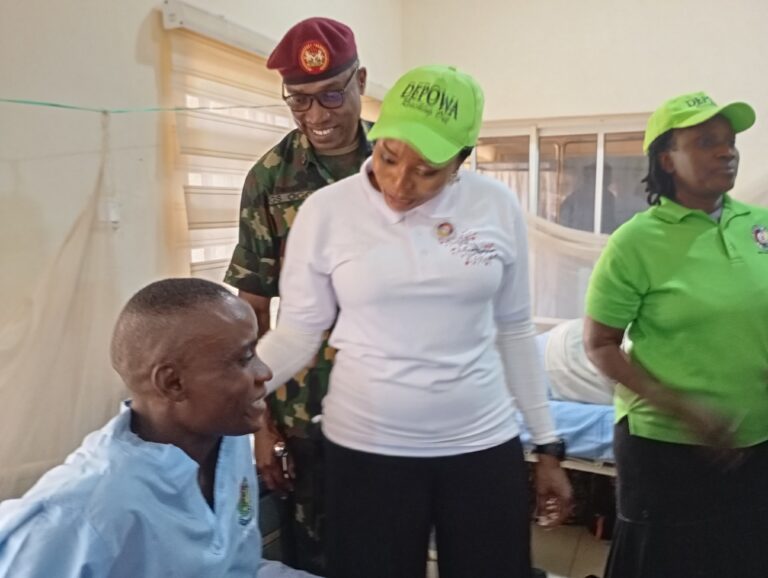

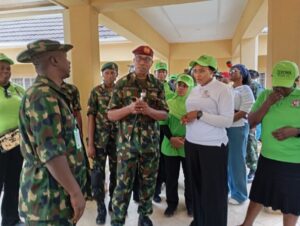

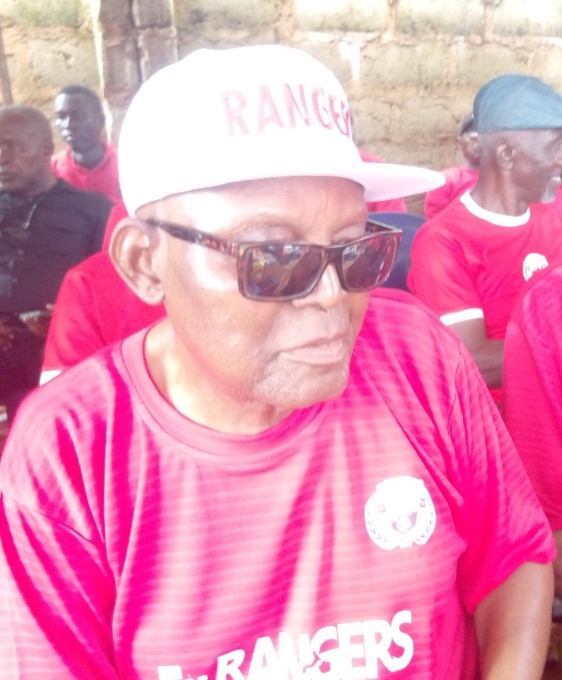



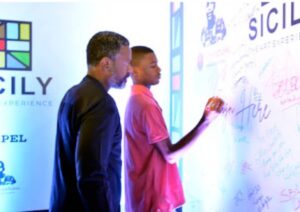 Also, the mother of the young artist, Dr Sylvia Tagbo-Okeke, said children with special needs require individualised care, attention, and accommodations for them to feel included and motivated to manifest their God-given talents.
Also, the mother of the young artist, Dr Sylvia Tagbo-Okeke, said children with special needs require individualised care, attention, and accommodations for them to feel included and motivated to manifest their God-given talents.

